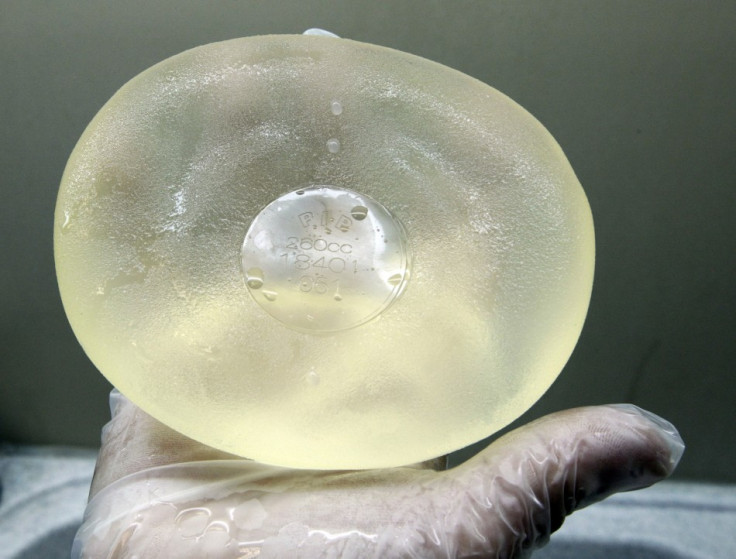Breast Implant Scandal: French Company also Made Fake Testicles

The French company at the centre of the breast implant scandal also made fake testicles, it has been claimed by former staff.
Poly Implant Prothese (PIP) has come under fire because a significant number of implants it manufactures have been defective, often rupturing.
It's also emerged that the silicone gel used in the implants contains chemicals that haven't been tested for cosmetic use, creating health fears.
According to French newspaper Le Parisien, former PIP staff are now revealing that they made testicle implants for men.
"Three people were specially trained to work on the machine that made silicone testicles," claims one former staff member.
They were a cosmetic solution for men who had to have testicles removed, either through illness or accident.
Another said that chest and buttock implants were made for male customers who had scrawny physiques.
PIP was closed down in 2010 by the French government and its products banned because they were prone to rupturing.
It's thought that between 300,000 and 400,000 women worldwide have PIP implants, with 45,000 of those in Britain. Around 1,000 of these British women are estimated to have suffered ruptures.
With the latest revelations that men have also had PIP implants, the number affected will increase further.
Britain's Chief Medical Officer, Dame Sally Davies, said before Christmas that women with PIP implants "should not be unduly worried".
"We have no evidence of a link to cancer or an increased risk of rupture. If women are concerned they should speak to their surgeon," she said.
The British government is currently reviewing its advice to those with PIP implants and will report on 6 January.
"It is not advisable for women to routinely have implants removed because the risk associated with an operation of that kind would outweigh the benefit of removing these implants," Andrew Lansley, Health Secretary, told the BBC on 4 January.
The British Association of Plastic, Reconstructive and Aesthetic Surgeons recommends that PIP implants be gradually removed from those who have them.
© Copyright IBTimes 2024. All rights reserved.






